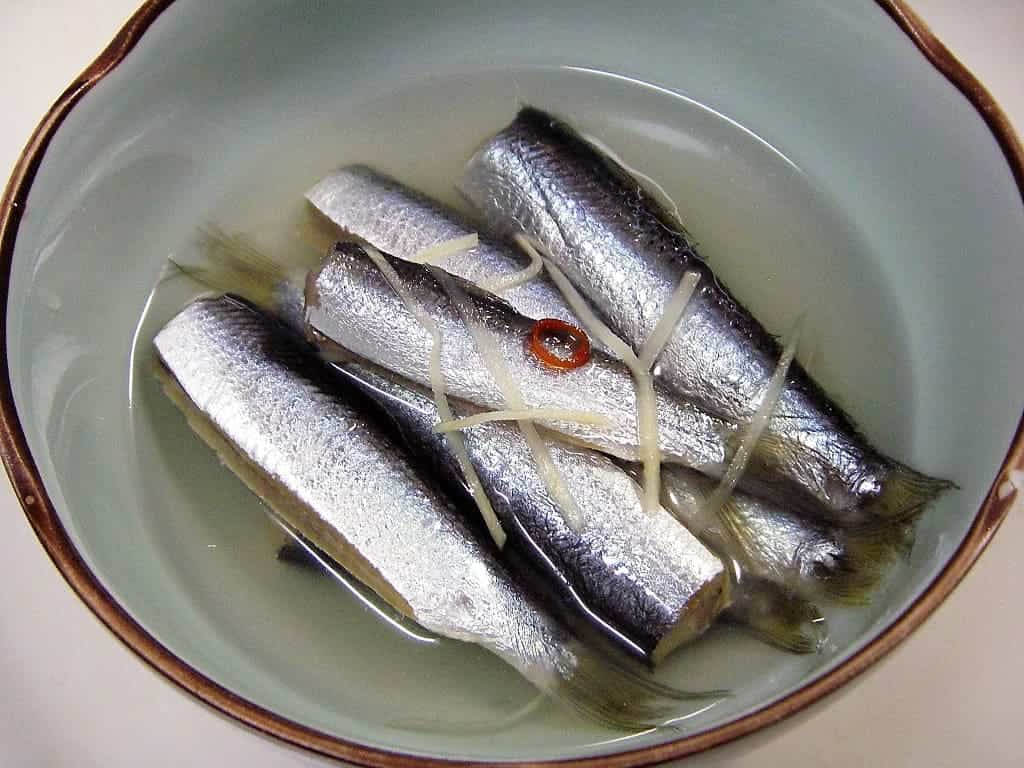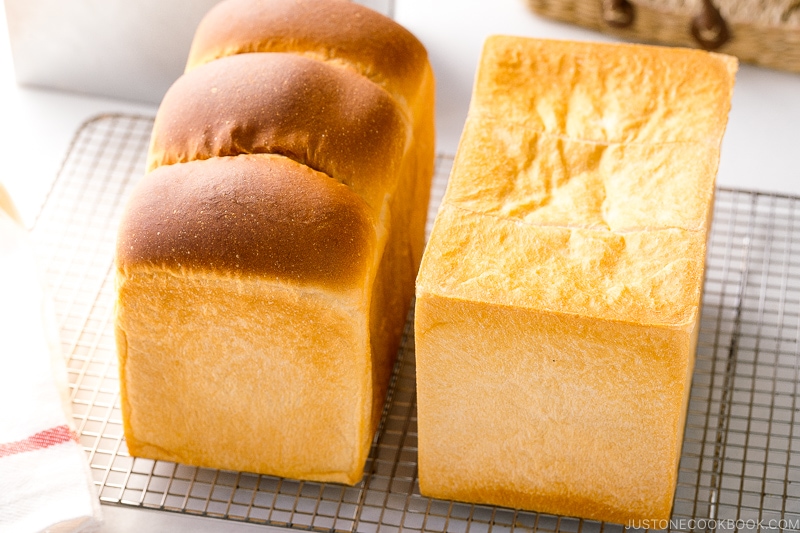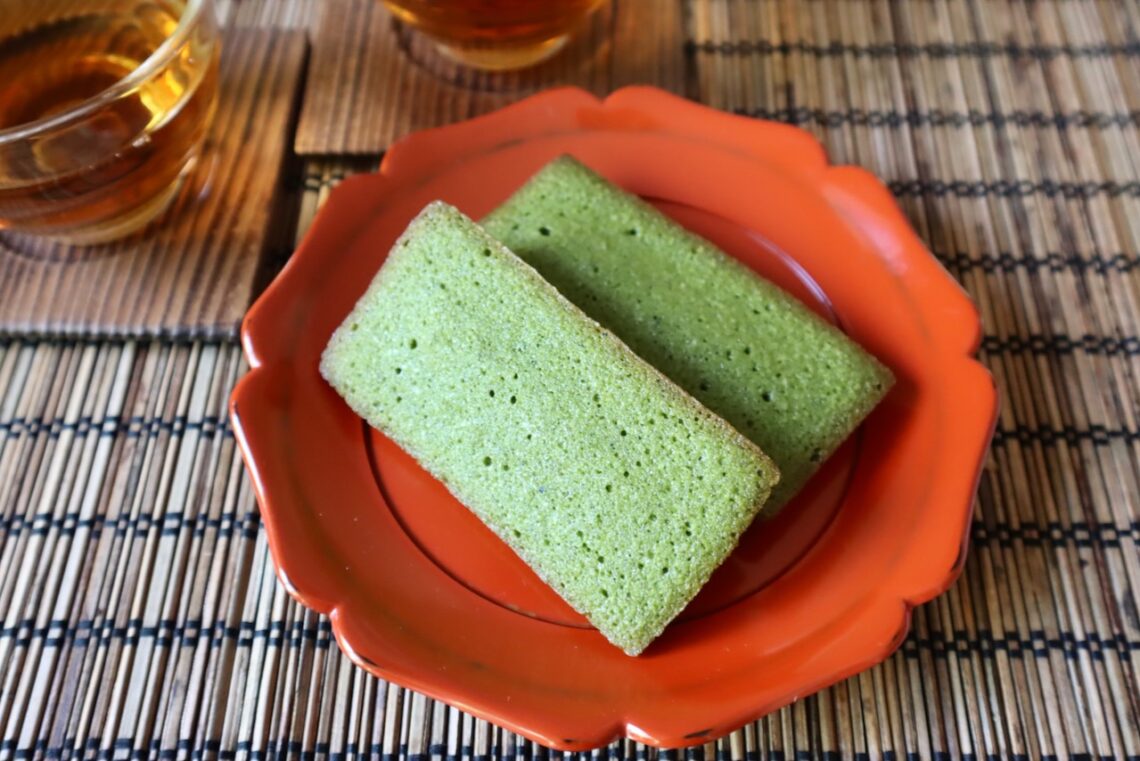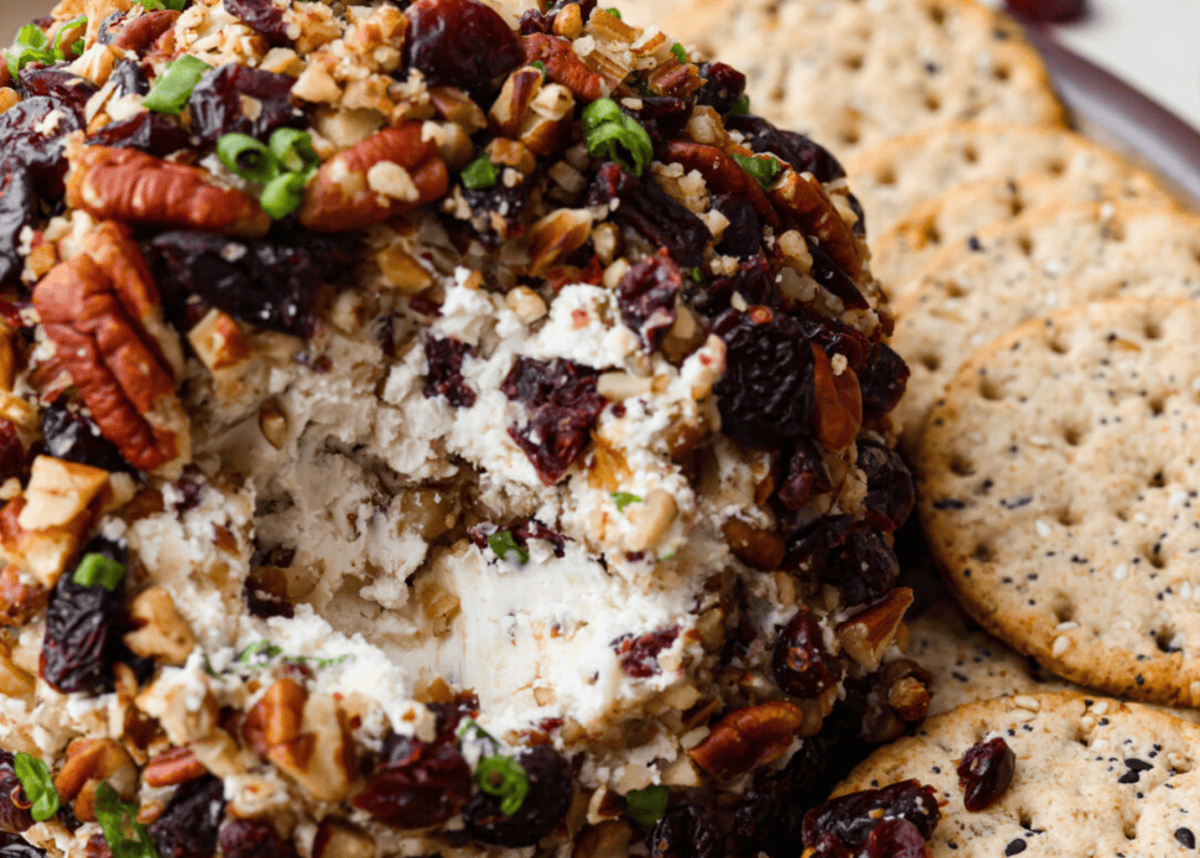
Good for Sharing Chestnut Rice Seasonal Autumn
Kuri gohan is a seasonal Japanese dish made with chestnuts harvested in autumn. This simple rice dish is steamed with peeled chestnuts and seasoned with salt, carrying a natural sweetness that allows us to fully enjoy the blessings of autumn.
They are rich in complex carbohydrates and dietary fiber, which support energy and digestion. They also contain vitamin C, which is unique among nuts, and provide vitamin B, which supports energy metabolism.
Chestnuts have a subtle sweetness with a slightly nutty undertone and an excellent aroma that lingers. They can be enjoyed roasted, boiled, or steamed, and their texture and taste are similar to sweet potatoes, especially when cooked. Raw chestnuts are firm and crunchy, but once cooked, they become soft with a slight flakiness.
There is a theory that chestnuts have existed in Japan since the Jomon era. Since then, they have been an important food for Japanese people, as they contain good nutrition. During the Nara and Heian eras, chestnuts were considered a high-status food and were served to nobles as offerings. At that time, chestnuts were even more expensive than rice.
In the Sengoku era, people began preserving chestnuts by drying them, creating a type called “kachi kuri.” The word “kachi” means “victory,” which reminded Samurai of success in battle, and chestnuts were believed to be a lucky charm.
Today, chestnuts are used in various dishes like mont blanc, marron glacé, kuri kinton, and more, delighting many Japanese people as a food to enjoy during the autumn season.
Kuri Gohan is a simple dish, much like regular steamed rice. It is neither too salty nor too sweet, so it pairs well with dishes that have a salty and strong flavor.
For an autumn meal, sanma no shioyaki (grilled sanma) and miso soup with mushrooms are a great combination. Additionally, teriyaki chicken and saba no misoni are excellent choices as main dishes.
Overview
Prep time: 40 mins
Cook time: 60 mins
Total time: 1hr 40mins
Total servings: 4
Difficulty: Medium
Ingredients
- 240g uncooked short-grain rice
- 60g uncooked glutinous rice (Mochigome) If glutinous rice is unavailable, substitute with 300g of short-grain rice.
- 300g chestnuts (with shells)
- 2/3 tsp salt
- 400ml water
- 2 tsp mirin
- 3g dried kombu seaweed
Expert's Tip

Enjoy your freshly cooked kuri gohan on the go with this bento box. It shapes onigiri for you and is microwave and dishwasher-safe.
Instructions

1) Gather the Ingredients
Prepare all the ingredients before starting to ensure a smooth cooking process.


2) Prepare the Rice
Wash the rice thoroughly and add water until it reaches the two-cup measurement mark, or simply pour in 400ml of water after draining. Let the rice soak for about 30 minutes to achieve the best texture.
3) Boil the Chestnuts
Quickly rinse the chestnuts and place them in a pot. Add enough water to cover them halfway. Turn the heat to medium-high and bring the water to a boil. Let the chestnuts cook for 1–2 minutes.
After boiling, drain the water and transfer the chestnuts to a bowl of cold water to cool them down.
4) Remove the Shells
Cut the bottom of each chestnut to create an opening. Peel away the outer shell starting from the cut. Remove the thin inner skin using your hands or a knife. Once peeled, soak the chestnuts in water to prevent discoloration. Repeat for the remaining chestnuts.
5) Steam the Kuri Gohan
After the rice has soaked for 30 minutes, add the mirin and salt to the rice cooker bowl and stir lightly. Place the dried kombu seaweed and peeled chestnuts on top of the rice. Start the rice cooker.
Once the rice is done steaming, remove the kombu seaweed and gently fluff the kuri gohan from the bottom to mix the flavors evenly.
6) Serve
Serve the kuri gohan in rice bowls while it’s still warm. Enjoy the comforting taste of this seasonal Japanese dish!

7) How to Store Leftover Kuri Gohan
Wrap the kuri gohan in plastic wrap, place it in a zipper bag, or store it in an airtight container. Make sure to do this while it’s still slightly warm but not hot. Let it cool to room temperature before freezing.
You can keep it in the freezer for up to 1 month.
About the author
Megumi is a recipe writer based in Chiba, Japan. She carries a Bachelor in the Faculty of Foreign Studies and is interested in creating content about Japanese cuisine and traditional confectioneries. Megumi is most interested in making Japanese recipe content, and in her free time, she likes to play the piano, make handcrafted goods, and hula dance. She hopes to inspire Japanese Taste readers to make Japanese recipes at home and of course share more about Japanese culture.
View articles by Megumi Moriya











 English (US) ·
English (US) ·